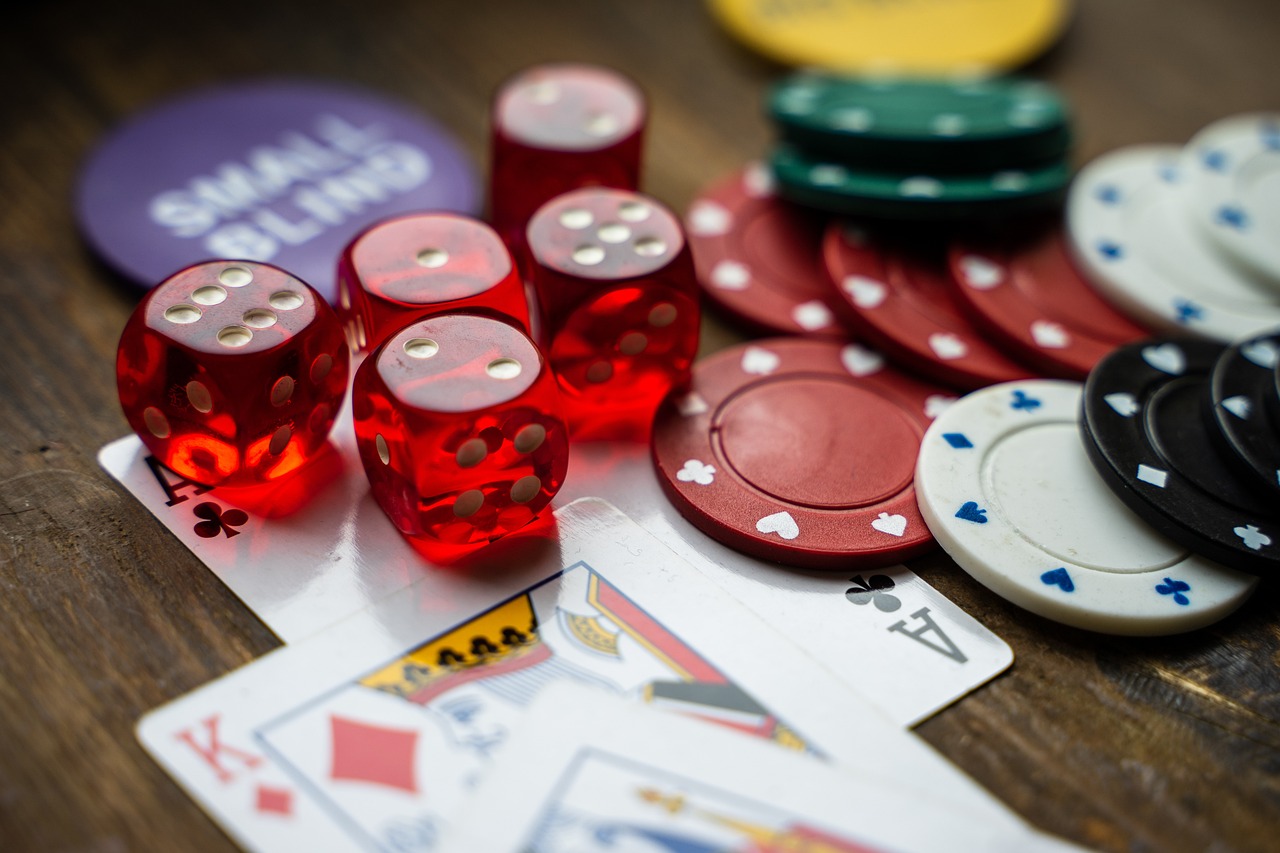Ever wondered why, no matter how lucky you feel, the casino seems to have the upper hand? This is down to what’s known as the “house edge”.
The house edge is a mathematical advantage that ensures the casino makes a profit over time. It’s built into the rules of each game and affects how much you can expect to win or lose in the long run.
In this post, we’ll explore exactly what the house edge is, how it works in different games, and why it’s an essential part of the casino’s business model.
Understanding the house edge can help you make smarter choices when you gamble and manage your money more effectively. Let’s dive in and uncover the reasons behind the saying, “the house always wins.”
What Does House Edge Mean?
The house edge is the built-in advantage that the casino has over players in any game. It’s expressed as a percentage and represents the average profit the casino expects to make from each bet over the long term.
For example, if a game has a house edge of 5%, the casino expects to earn 5p for every £1 wagered.
This percentage isn’t about individual wins or losses but rather the overall results over many games.
Each game has a different house edge, which can be affected by the rules and payouts.
Some games, like blackjack, have a lower house edge if you use the right strategy, while others, like slot machines, may have a higher edge that’s harder to overcome.
Knowing the house edge helps you understand the risks involved and manage your money wisely. Always remember that no matter the game, the house edge ensures the casino will always come out ahead in the long run.
Why Does the House Always Win?
The main reason the house always wins is because of the mathematical edge built into every casino game. This edge ensures the casino makes a profit over the long run, no matter the short-term outcomes.
Each game is designed with rules that favour the casino. This could be slightly reduced payouts, odds set to benefit the house, or other subtle rule adjustments.
For example, in roulette, the inclusion of the zero (and sometimes double zero) pockets means you’ll slightly more often lose your bets than win them.
Slots often have a high house edge due to fixed payout rates, meaning the casino keeps a small percentage of every bet made.
Even in skill-based games like blackjack, the house has an edge due to elements like dealer rules and payout structures.
Remember, the house edge doesn’t mean you can’t win in the short term. It simply means that, overall, the casino will always come out ahead in the long haul, thanks to the laws of probability and large numbers.
Understanding this can help you enjoy casino games with a clearer perspective, knowing that the experience is more about entertainment than guaranteed wins.
Discover The Best Online Casinos
Browse our list of top-recommended casino sites, read reviews from real players & be the first to get access to the latest casino bonuses
House Edge Example: What Does 2% House Edge Mean?
Let’s break down what a 2% house edge means in simple terms.
If you’re playing a game with a 2% house edge, it means that for every £100 you wager, the casino expects to keep £2 as profit over the long term.
This doesn’t mean you’ll lose exactly £2 every time you bet £100. You could win or lose much more in any single session. The 2% house edge plays out over many bets and many players.
Imagine spinning a roulette wheel or playing multiple rounds of blackjack. Over thousands of bets, the casino’s statistical advantage ensures it will come out ahead by roughly 2% of the total money wagered.
Casino Games With Lowest House Edge
If you want to stretch your money further, it’s smart to play games with the lowest house edge. These games give you a better chance of winning over time.
Blackjack is a top pick. When played with basic strategy, the house edge can be as low as 0.5%. This means you lose less in the long run compared to other games.
Baccarat is another good choice. Betting on the banker has a house edge of about 1.06%, making it a friendly option for players.
Craps offers several bets with low house edges. For instance, the “pass line” bet has around a 1.41% edge, which is favourable compared to many other bets in the game.
Video Poker can also be a great option if you use the best strategy. Some versions, like “Jacks or Better“, can have a house edge as low as 0.5% when you play optimally.
Choosing games with a lower house edge doesn’t guarantee wins, but it does mean your money lasts longer, giving you more enjoyment and potentially better outcomes over time.
The Bottom Line
The house edge is a fundamental aspect of casino gaming. It’s how the casino ensures it will make a profit over time, regardless of short-term wins or losses by players.
While it might seem daunting, understanding the house edge can actually empower you. By knowing which games offer the lowest house edges, you can make more informed decisions and extend your playing time.
Remember, casino games should be seen primarily as a form of entertainment. The house edge is just the cost of that entertainment, much like buying a ticket to a show or a football match.
Always gamble responsibly, set limits, and enjoy the experience without expecting to beat the odds in the long run. The key to a fun and sustainable gambling experience is to play smart and stay informed.





